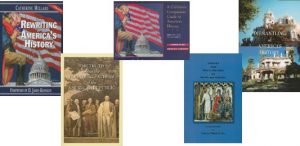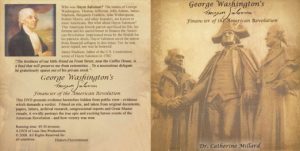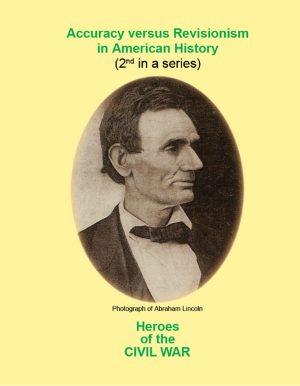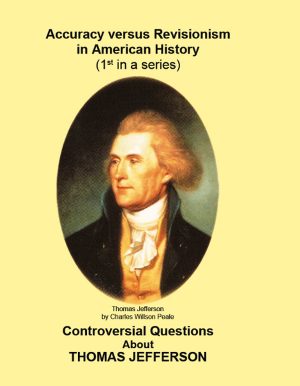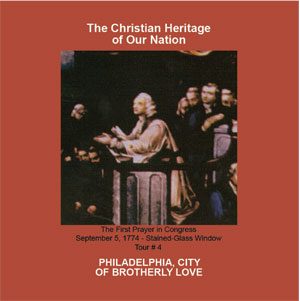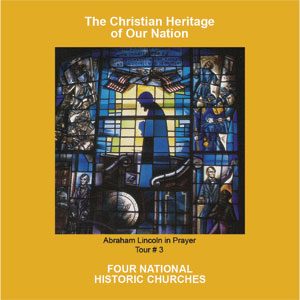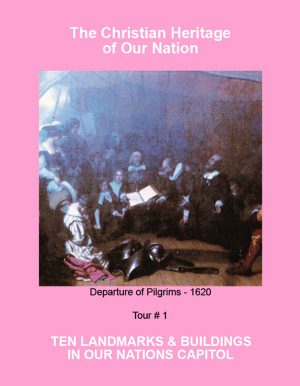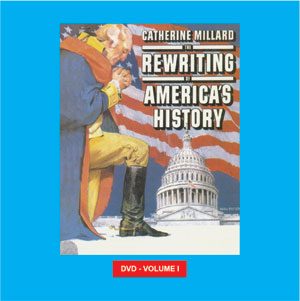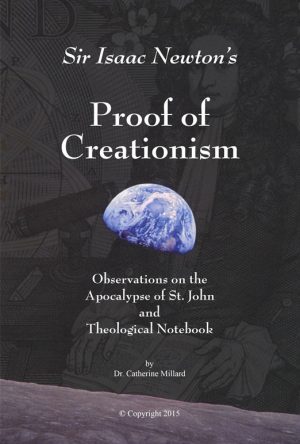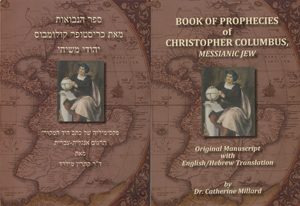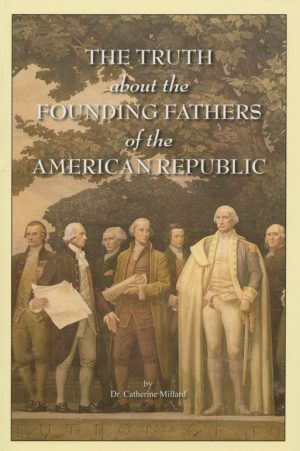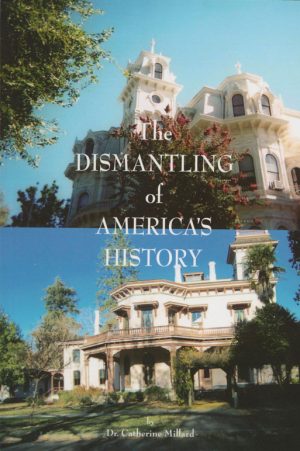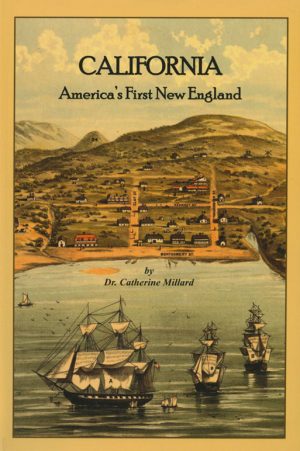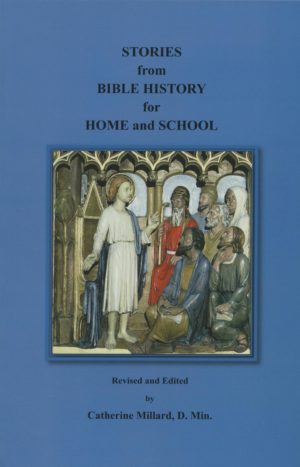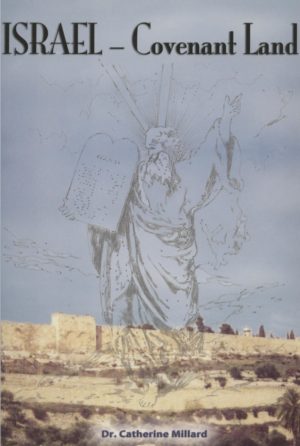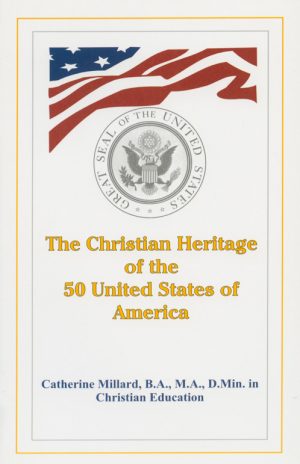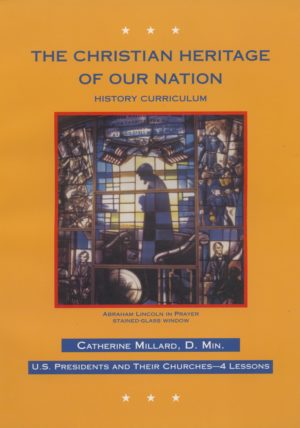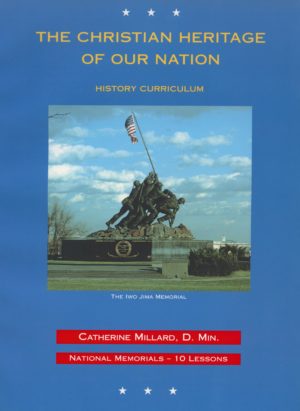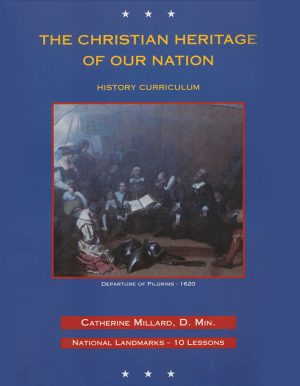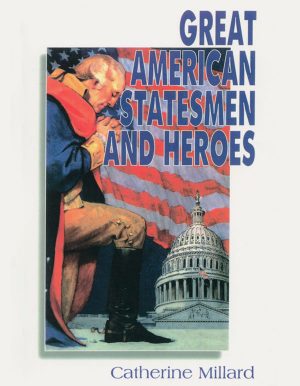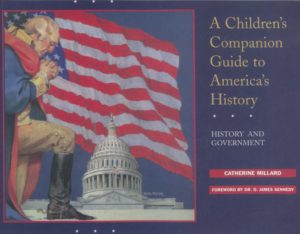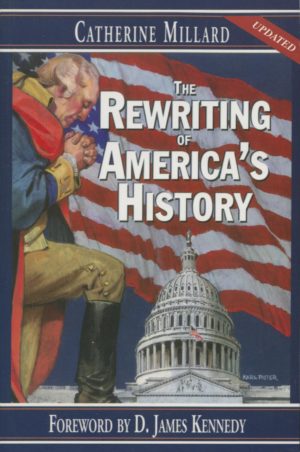On May 9th, 1798, George Washington attended the Old Presbyterian Meeting House in Alexandria, Virginia (near Mount Vernon), hearing a Sermon delivered by his close friend and pastor, Rev. James Muir, D.D., Rector of this church, where he frequently worshipped. Dr. Muir was educated at Glasgow and Edinburgh Universities, Scotland, serving as Minister of the Presbyterian Meeting House from 1757 until his death in 1820. As a personal friend of Washington, he was instrumental in founding Alexandria’s Society for the Promotion of Useful Knowledge, the Library Company, and the Washington Society. He was also on the Board of Guardians of the Free Schools, and the Bible Society of the District of Columbia. George Washington, in his Last Will and Testament, bequeathed to the Alexandria Academy four thousand dollars “towards the support of a Free school established at, and annexed to the said Academy; for the purpose of educating such orphan children, or the children of such other poor and indigent persons as are unable to accomplish it with their own means; and who, in the best judgment of the Trustees of the said Seminary, are best entitled to the benefit of this donation.”
Dr. Muir’s sermon is hereunder excerpted:
A Sermon preached on the Day Appointed
for a General Fast
by Rev. James Muir, D.D.,
Presbyterian Meeting House
Genesis 49: 14, 15.
“Issacher is a strong ass, couching down between two burdens.
And he saw that rest was good, and the land that it was pleasant;
and bowed his shoulder to bear, and became a servant unto tribute.”
“JACOB on his deathbed called his sons together, that he might unfold their future destination. It was an early opinion that good men when dying, saw far into futurity. The opinion probably originated from the prophetic spirit, with which at that period, the patriarchs were endowed. Jacob foresaw that his sons would rise into consideration; from each a tribe should spring; the allotment of each, and their national characteristic were distinctly foretold.
I shall through Divine assistance, take a general view of the allotment and characteristic ascribed to each tribe, insisting particularly on the allotment and characteristic ascribed to the tribe of Issachar, and shall then show what instruction the subject affords for our reproof and correction…Abundance tends to enervate and degrade the mind. To the tribe of Issacher, a valuable lot was assigned; they enjoyed a full provision; prosperity rendered them selfish. In their private interest, the general interest was lost. They had no public spirit. My text passes a censure on the national character as debased and obstinate. Their glory was departed, their houses laid in the dust.
The present constitution of things, affords the fullest scope for exertion either in our individual or social capacity. Health and reputation, and fortune, depend in a great measure, on the conduct which we pursue. The active and temperate, the steady and moral, the prudent and industrious generally do well, filling a useful and creditable rank; an opposite character is subjected to infamy and ruin. In our social capacity much depends upon our being united. A good government is the centre of union. At all times, especially in times of danger, it demands the decided countenance of each. This is the bulwark which Providence has set around our property and lives – remaining, we are safe, but removed, the enemy bursts in like a flood. Each are concerned to support government…
But can a bold independent spirit accord with the spirit which the Scriptures inspire? – Perfectly – What a pitiful figure Issachar makes when contrasted with Judah, the bold lion, and Benjamin the ravening wolf…
John the Baptist certainly knew something of the genius of the Gospel, and what says he to soldiers? Lay aside your arms, be buffeted, be spoiled, be trampled upon, yet resist not; he says no such thing; he only guards soldiers against oppression and mutiny. None are more celebrated for their faith and piety than two centurions of the Roman army, the one mentioned in the Gospel, the other in the Acts of the Apostles. They were military men previously to their believing, nor was it inconsistent after they did believe, to continue military men still. The true spirit of the Gospel, were all men Christians, would indeed effectually extirpate crimes and animosity; and the time may, nay the time shall come, when the spirit shall universally operate for that purpose. Until then government is a sword which punishes the turbulent and protects and peaceful. The tribe of Issachar were afraid to wield this sword, their spirit was at once their disgrace and their crime.
From this passage of Scripture, it appears, that the security and happiness of a nation depends on the national character. The leading object in good governments, is to secure men in the free exercise of their religion, and to guard their reputation, their property, and their lives. When government has this object steadily in view, and meets a determined support, then the national spirit is virtuous and independent, such a nation has nothing to fear. It is warmed with a pure and ardent flame which will consume the enemies of their peace and enrich posterity with the best of blessings.
True religion has a favourable aspect towards our present, as well as our future interests. It is a Divine principle extensive in its operation. It renders the conduct dignified and beneficial. If God be the object; it inclines us to fear, worship, and obey; if ourselves; it inclines us to be temperate, and watchful: if one another; to be kind, faithful and just: if society; to be public-spirited, and peaceful. All this is essential to the Christian character…
This is the reason why the Apostle Paul celebrates so highly the public, undaunted spirit of David, of Samuel, and of the prophets. They were men of a choice temper, and of the best principles, in whose attachment and exertion their country had the firmest reliance… Let the national spirit be virtuous and high, let men be determined to preserve their religious, and their civil liberties, what power dare resist that spirit? Or oppose that determination? – It might as safely rouse the lion, or face the bear, bereaved of her whelps… No, my brethren, the blessings of good government, and of religion must not be given up. These are the gifts of God, and you would be treating Him ill, willingly to part with His gifts; I say willingly, for without your own consent, neither earth, nor hell can wrest them from you…” 1
To learn more, click here. (Founders Book)
___________________________
Bibliography:
1
Muir, James, D.D. A Sermon Preached at the Presbyterian Church at Alexandria, on the 9th of May, 1798, being the Day appointed for a General Fast. Philadelphia: Published by William Corbett, May 9, 1798.
